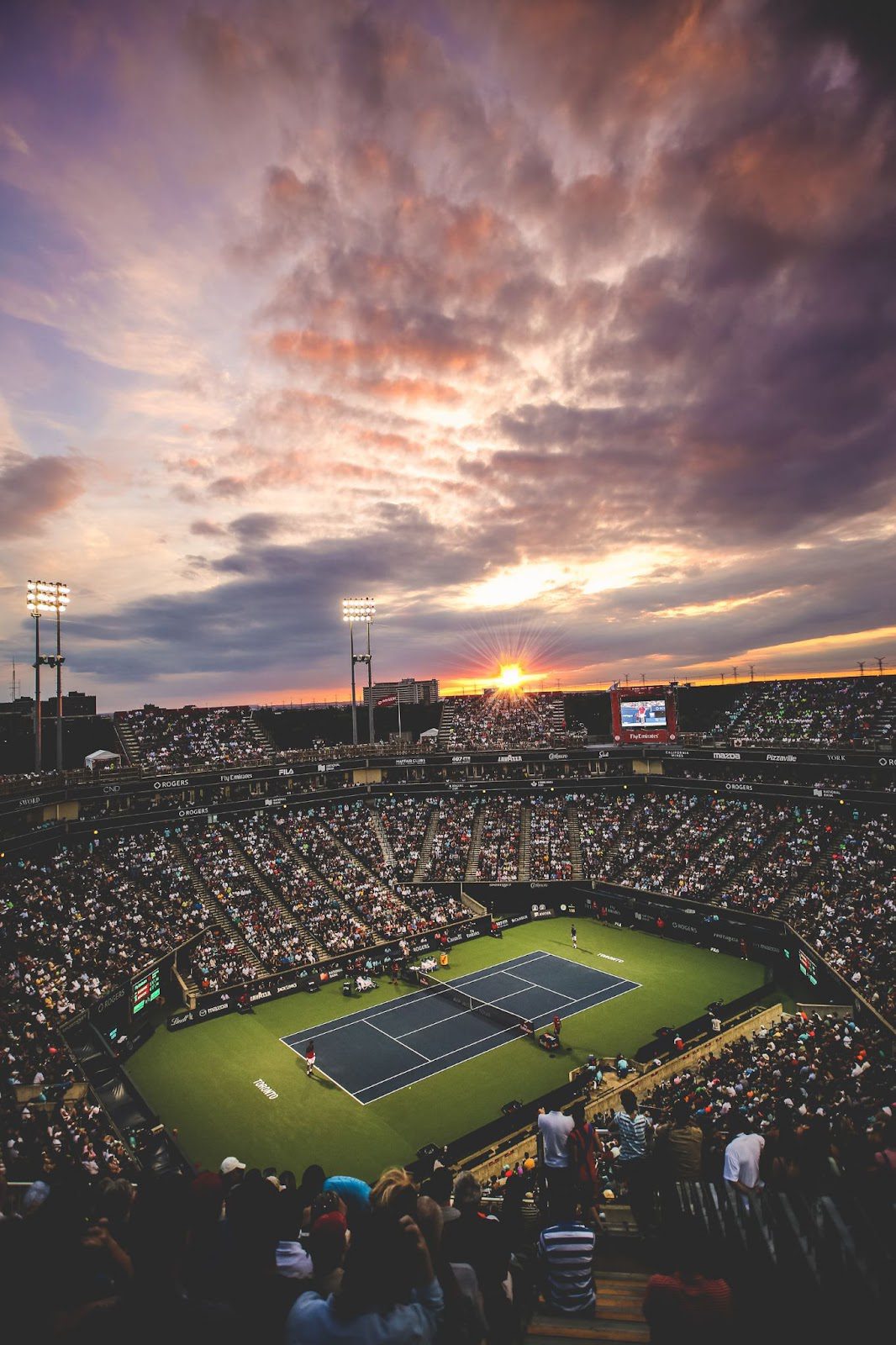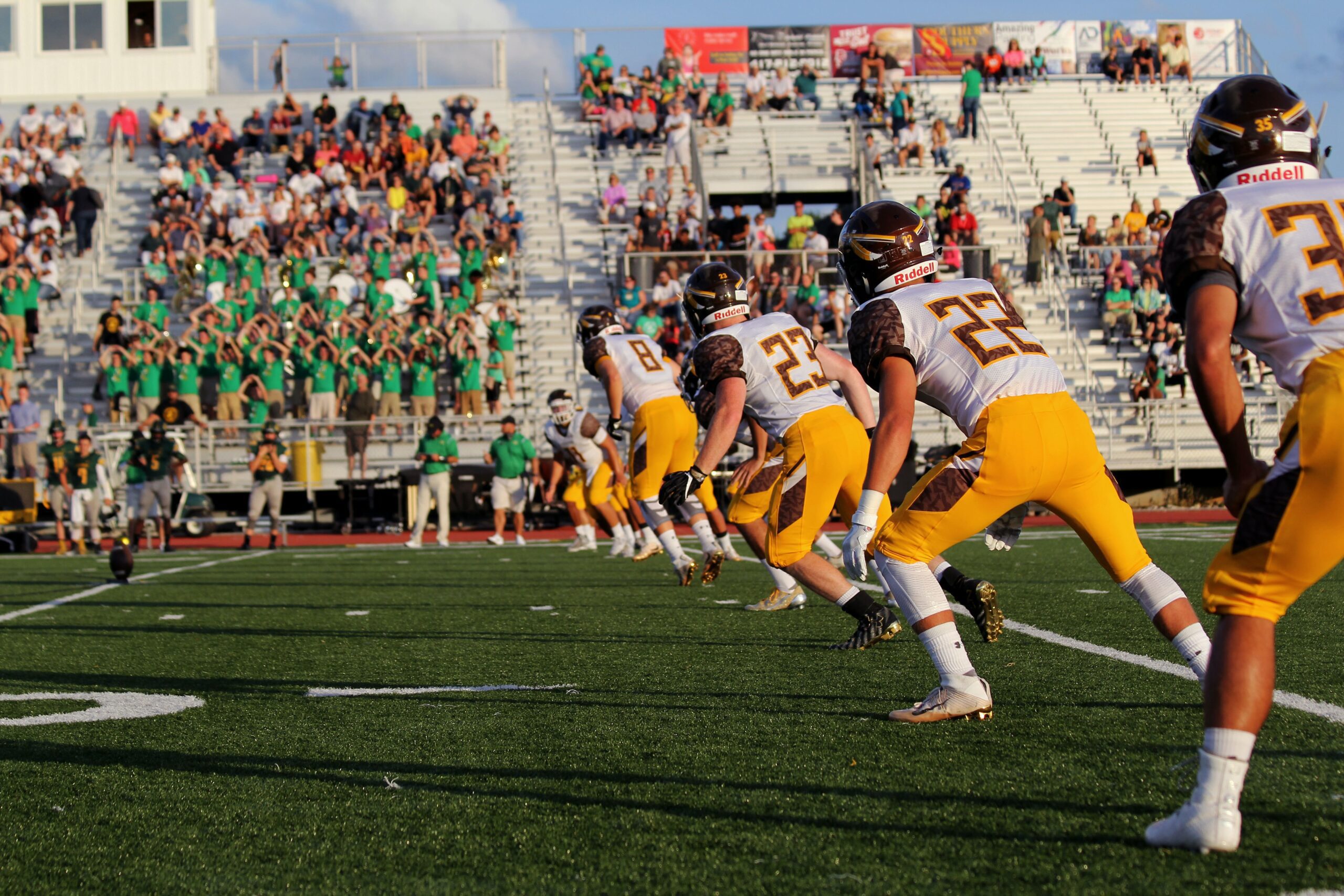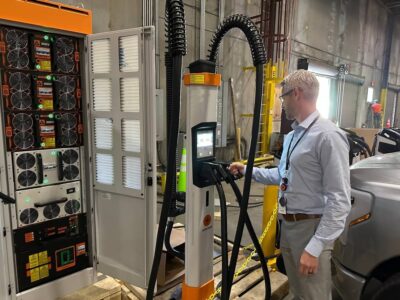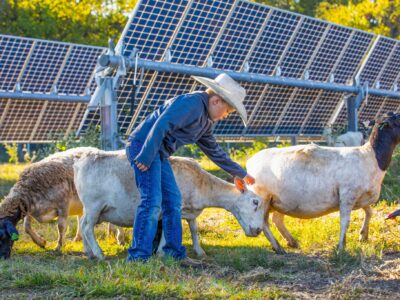Professional sports have adopted more eco-friendly practices to reduce the footprint of their daily operations and gameday experiences. While many teams and leagues have made strides in increasing their sustainability policies, they still need some experienced assistance and consultation. Since 2011, Green Sports Alliance (GSA) has been aiding organizations like the NFL to smaller, semi-pro, and amateur firms and athletes. The nonprofit’s work also helped establish a nationally recognized holiday, Green Sports Day.
Initially, GSA planned to help upgrade facilities with LED lighting, recycling, and food donations for a lower carbon footprint and waste numbers. In 2022, it has become a leading consultancy group that helps several teams in the U.S. and abroad.
The nonprofit hosts conferences and seminars to further education about sustainable sports business models.
Consensus had the privilege to chat with GSA’s executive director Roger McClendon and associate communications and events manager, Shay Strawser. McClendon is a former collegiate and semi-pro athlete who worked as the chief sustainability officer at Yum! Brands before becoming the head of the organization.
“When I retired from Yum!, I had an opportunity to leverage that knowledge into the sports area through Green Sports Alliance. I always think about not only the environmental impact but the social impact,” McClendon said. His guidance has been crucial to turning GSA into a leading sustainable athletics consultancy firm.
Strawser also comes from a background in sports with a focus on community building, thanks to her time working at communal gardens in Philadelphia, PA. “I learned what the true meaning of environmental justice and sustainability means, especially in an urban setting, and on the other side of that, my passion lies in sport,” Strawser said. “It’s really great to be on the team with Green Sports Alliance because we have this opportunity to uniquely engage fans.”

Fan engagement has become a pivotal part of GSA’s mission. While McClendon has found many leagues receptive to adopting more sustainability measures, the fans are the key to combatting climate change. However, the work has to go beyond just attending a game and recycling their soda can. That’s where Green Sports Day comes into play.
When signed into law on Oct. 6, 2016, by President Obama, it became the flagship event for environmentalism and sports. The celebration shows the power of teams and athletes to effectively send messages to fans and organizations to consider lifestyle choices and reduce their carbon footprint. Using social media and the #greensportsday tag, teams and players could explain how they’ve learned more about sustainability in their everyday life. Stadiums were lit green to show they stood with the idea of more sustainable games.
“We were able to have 115 teams light green for Green Sports Day. Our goal here was to essentially amplify the sustainable progress in the sports industry,” Strawser explained.
“It’s screen movement, but also increased awareness and action on the most pressing environmental and social issues our world faces. It really sets us up for success as we move into 2023.” Green Sports Day celebrated its sixth anniversary on Oct. 6.
This type of public relations work resonates well with fans. Seeing their favorite athlete make smarter, more environmentally conscious choices can entice them to do the same. GSA offers a playbook for leagues and teams to use to foster organic marketing campaigns to increase fans’ sustainability behaviors at home.
To continue the success of GSA’s mission, the company must keep strengthening partnerships with its members who have contracted their guidance. The nonprofit has worked with prominent organizations like the NFL, NHL, NBA, and MLS. The influence these leagues have is monumental.
“I really think it’s the power of our membership that allows us to be able to make a difference,” McClendon said. “When I say that, more specifically, is the relationship building an understanding what are the obstacles of our organizations from thinking about it at an elite level, which is really powerful when you’re thinking about talking to a billion-dollar brand, like the NBA or NFL and understanding their challenges with availability and what it means.”
Check out the episode of the Consensus in Conversation podcast featuring Roger McClendon of Green Sports Alliance.





